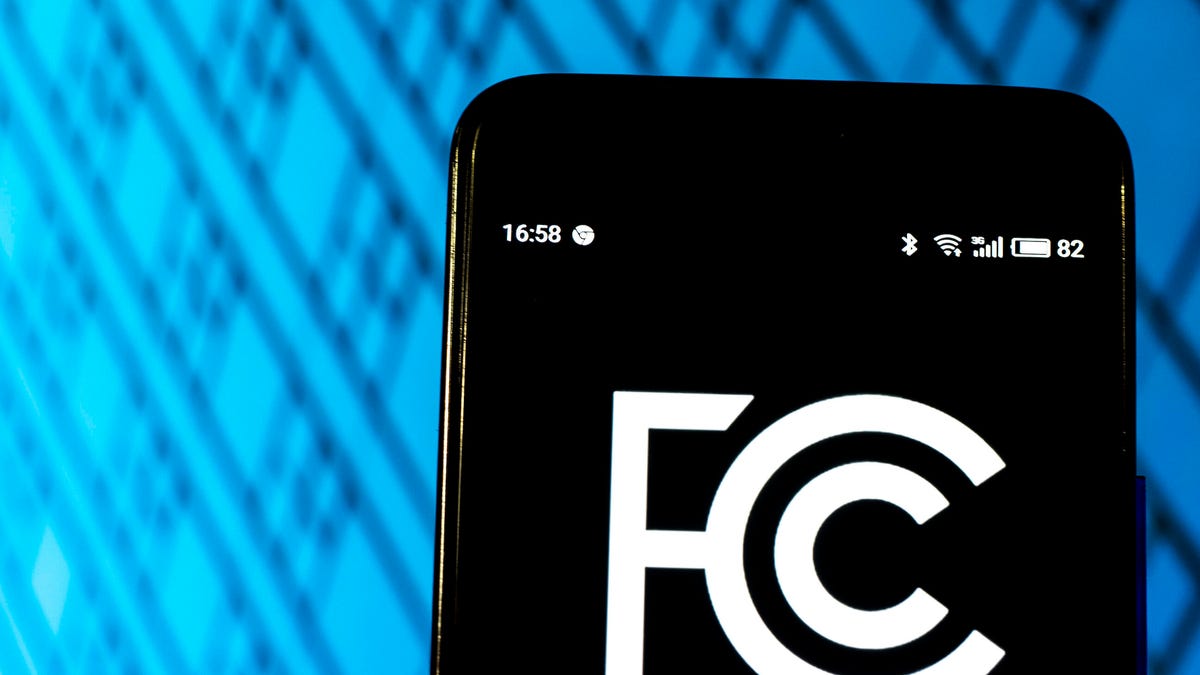FCC says there's no evidence 5G is a health risk
The agency cites FDA findings and decides not to alter federal cell phone safety standards.

The FCC will stick with current limits for radio frequency exposure.
The Federal Communications Commission voted unanimously this week against making changes to federal cell phone safety standards, even as some have raised health concerns about the rollout of 5G technology. After six years of reviewing the issue, the FCC said it found no reason to change its existing limits for radio frequency exposure.
"After reviewing the extensive record submitted in response to that inquiry, we find no appropriate basis for and thus decline to propose amendments to our existing limits at this time," the commission said in a report Wednesday. "We take to heart the findings of the Food & Drug Administration (FDA), an expert agency regarding the health impacts of consumer products, that 'the weight of scientific evidence has not linked cell phones with any health problems.'"
There have been concerns over the possible link between the new faster 5G wireless networks and health issues globally and domestically. Several members of Congress reached out to the FCC about the possible link. Countries such as Belgium and the Netherlands raised concerns about the risks.
The four major US carriers spent most of 2019 setting up their 5G networks in certain US markets. T-Mobile launched its 5G network nationwide on Friday, but early speed tests don't show a huge jump from current offerings. Verizon plans to have its faster service up in 30 cities by the end of the year. Sprint's 5G is available in several cities. AT&T plans to let customers in five cities use its 5G network later in December.

